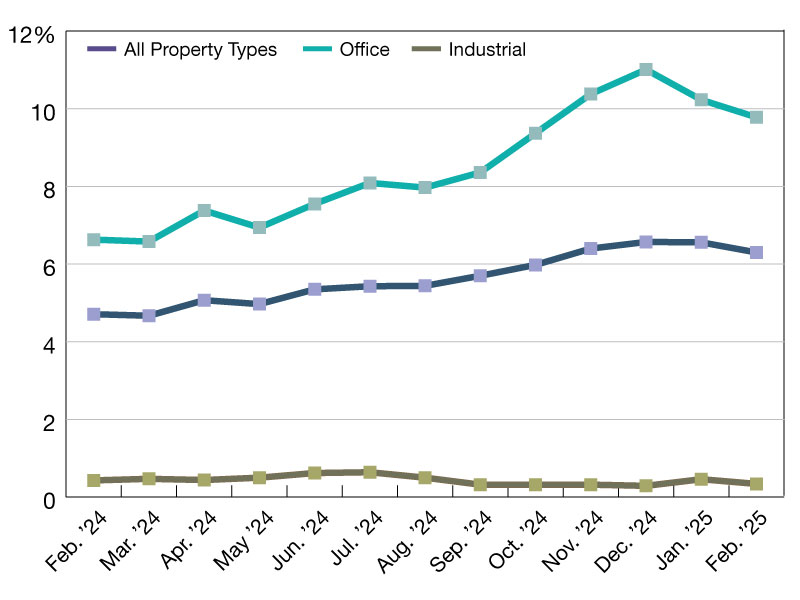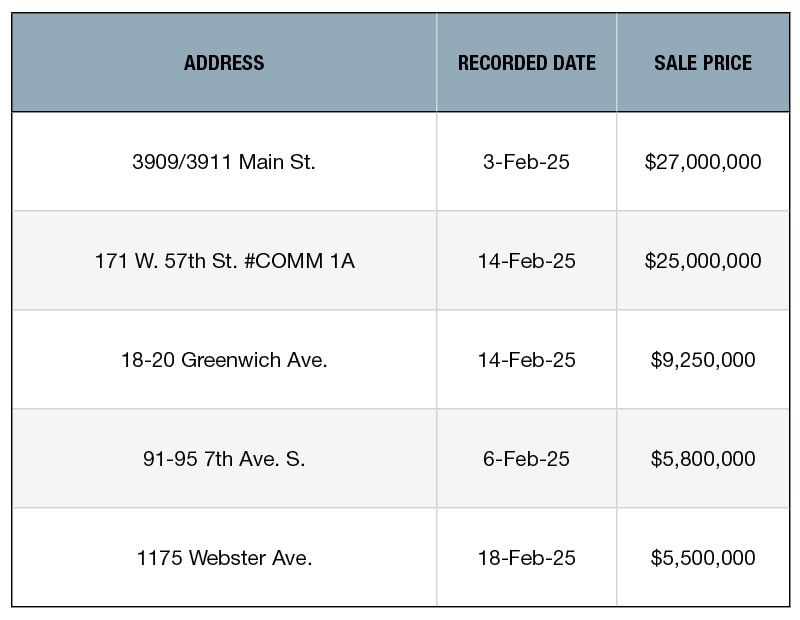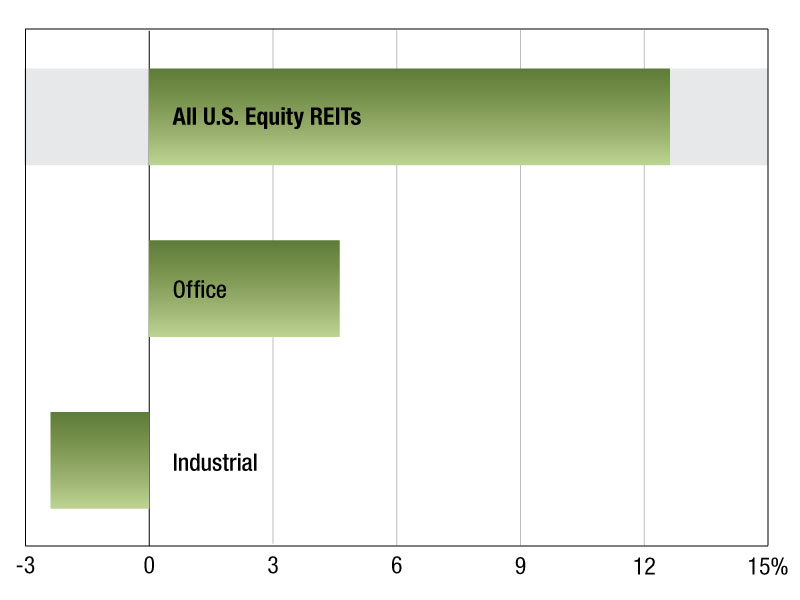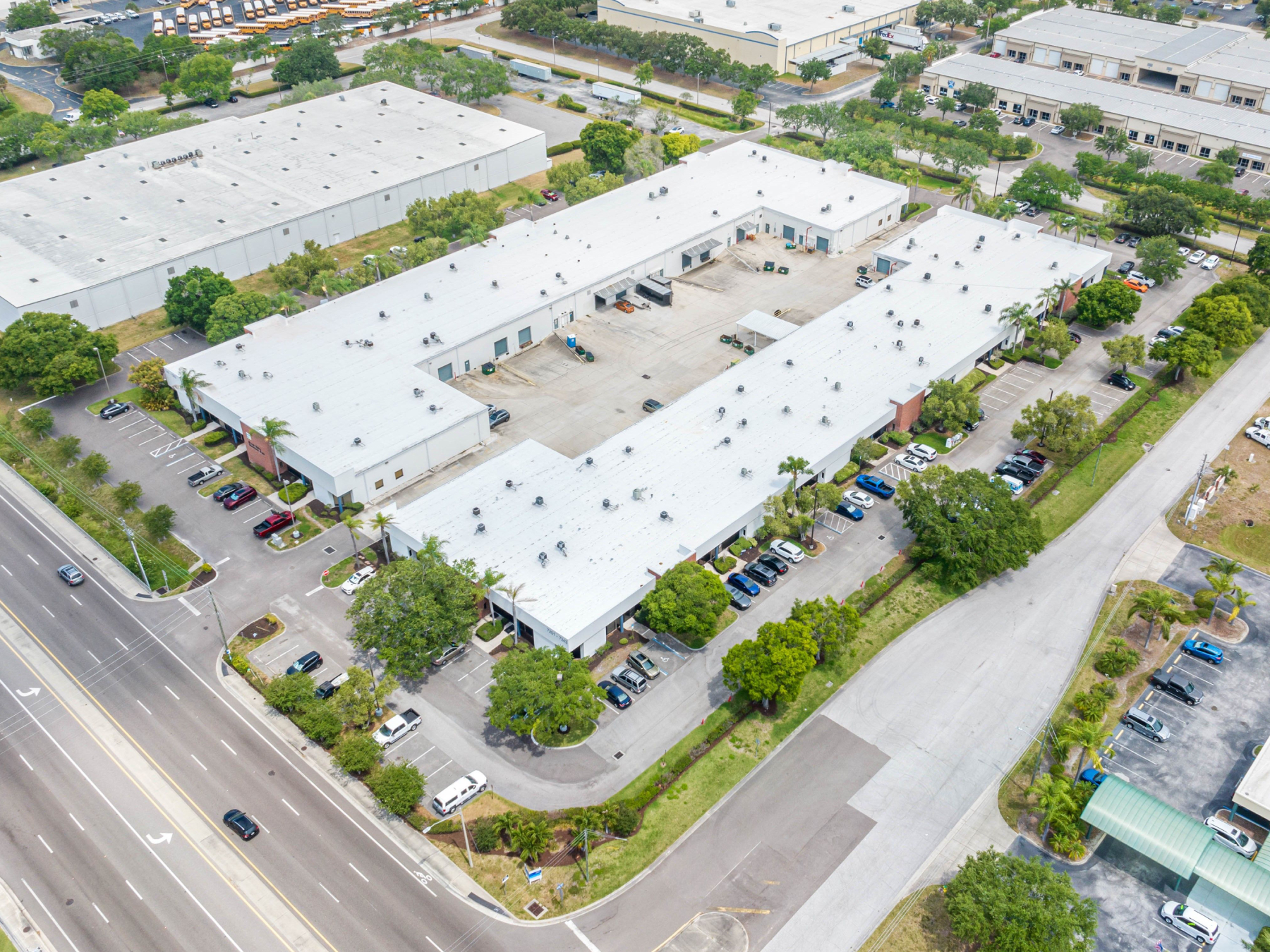CRE Sizes Up Fed’s Latest Rate Hike
Reactions were mixed, with some seeing a clear silver lining in Jerome Powell's signals.

Image by Gerd Altmann via Pixabay.com
In a move that was not without its fair share of controversy, the Federal Reserve has unanimously elected to further raise interest rates by 25 basis points in March, bringing the current federal funds rate to a range of 4.75 to 5 percent.
The hike was primarily motivated by the Fed’s ongoing quest to bring inflation down to 2 percent, and took place on the heels of the second- and third- largest bank failures in the nation’s history.
In discussions about both the context and necessity of the rate hike, industry experts don’t anticipate any new developments in the sector, rather, the move compounding on difficulties in financing, credit availability and transaction volumes.
There is also some relief at the prospect of the hike representing an inflation leveling-off, as well as representing a pause in increases, which in turn would cool markets.
Baked-in dealmaking difficulties
By and large, the hike itself, in terms of both its magnitude and duplicate status, is seen part of the prioritized goal of rapidly reducing inflation, above all else. Michele Raneri, vice president of financial services research at TransUnion, views it as such, particularly in the face of recent slowdowns in inflation. “(It) serves as further evidence that despite the consideration warranted to other real-time financial developments, and some positive signs in recent inflation reports, the Fed believes work remains to be done,” Raneri told Commercial Property Executive.
In terms of both immediate and long-term consequences, a broad consensus is that the hike itself, the necessity of which has been subject of some doubt, will add to, as opposed to create financing difficulties anew. Alongside the rate hike, the difficulties present are compounded by the recent bank failures, isolated as they may be.
Of particular concern are tightening credit conditions for loans on a large scale, likely worsened by the banks’ sizeable commercial real estate loans. In a press briefing, Federal Reserve Chairman Jerome Powell cited the decision to raise the rates as, in-part, informed by such trends. “With our monetary policy, we are focused on potential credit tightening, and what that can produce in the face of tighter conditions,” Powell said.
At the same time, Powell dismissed any suspicions of large-scale danger for the sector, where banking is concerned. “We’re well aware of the concentrations that (the banks) have in commercial real estate; the banking system is strong, resilient and well-capitalized,” Powell added.
READ ALSO: REITs as a Hedge Against Inflation
Consequently, it is restrictions of the sort that will add to extant dealmaking hurdles. Jonathan Hipp, principal of U.S. Capital Markets at Avison Young & head of the organization’s U.S. net lease group, sees the effects on dealmaking as being more of the same, with added scrutiny toward bank-deposited assets. “It will create more uncertainty on the financing side, (especially) on portfolios within the banks,” Hipp told CPE. Consequently, he anticipates a similarly unforgiving dealmaking environment: “Can you get financing done? Yes, but the equity you get out will be a lot less, with a much higher interest rate.“
According to John Chang, senior vice president & national director of real estate services at Marcus & Millichap, the volatility stems from both the rapidly changing interest rates and a widened bid-ask gap. “The rapid movement of interest rates over the last year has created a significant challenge for investors as they could not pin down their cost of capital,” Chang told CPE. At the same time, a potentially leveled-off interest rate may ease these burdens; the actual slowdown in dealmaking is not due to a want of capital. “Well-priced properties that come to market are still receiving multiple bids, and investors have significant capital to deploy,” Chang added.
As a result of credit tightening, some industry experts anticipate more dire ripple effects affecting dealmaking, in addition to leasing and the development of new projects.
Charles Dougherty, senior economist at Wells Fargo, sees a cascade of consequences. “In addition to limiting new CRE funding sources and investment, tightening credit conditions increases the likelihood that the U.S. economy experiences a recession later in the year,” Dougherty concluded for CPE. Dougherty sees such a downturn as “weighing heavily on CRE fundamentals such as net absorption, new construction starts, rent growth and valuations.”
A possible pause
On the flip side, other observers expressed optimism that the hike duplicates previous moves, and at Powell’s suggestion that the latest increase is the next to last of the year.
“This was a dovish hike,” Mike Fratantoni, chief economist & senior vice president of research and industry technology at the Mortgage Bankers Association, said in prepared remarks. “As the commentary and economic projections suggest, we may be at or near the peak funds rate for this cycle,” the statement continued.
Henry Stimler, executive managing director at Newmark, echoed these sentiments. “While the market had anticipated the 25-basis-point rate hike, what everyone was really tuned into was the comments by Fed Chair Jerome Powell. The market is reacting to what it believes is an ‘end in sight,’“ which he sees as being a possible light at the end of the tunnel, particularly where transactional volatility is concerned.
“With the market thinking continuous rate hikes are coming to a close, and (seeing) where rates will be for the foreseeable future, we finally have a level. That sense of stability is going to help more transactions get done,” Stimler added.
Still, no matter what the assessment may be, the industry should keep a level head, as high interest rates are here to stay. “In this high interest rate environment, consumers are advised to continue paying down as much high-interest debt as they can, continue paying bills on time, and work to keep their personal financial and credit profiles as strong as they can be,” Raneri advised.







You must be logged in to post a comment.